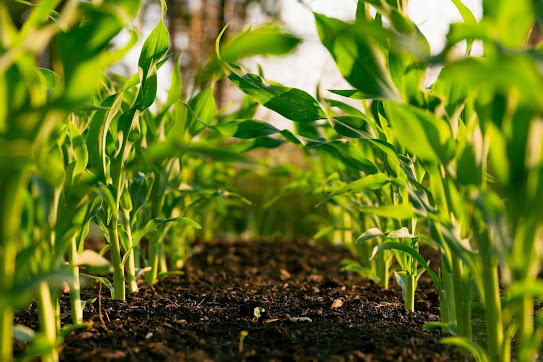It is a fundamental aspect of agriculture and plays a critical role in providing sustenance and raw materials for human consumption. Here is some information on farming and its functions:
Crop Farming: Crop farming involves the cultivation of plants for food, fiber, and other agricultural products. Farmers select suitable crops based on factors such as climate, soil conditions, market demand, and their own expertise. Common crop types include grains (wheat, rice, corn), vegetables, fruits, oilseeds, and cash crops like cotton or tobacco.
Livestock Farming: Livestock farming focuses on raising animals for meat, milk, eggs, and other products. This includes cattle, poultry (chickens, turkeys), pigs, sheep, goats, and more. Livestock farmers provide feed, water, shelter, and veterinary care to ensure the health and well-being of the animals. Livestock farming often goes hand in hand with crop farming, as animals may consume crop residues or be raised on pastures.
Sustainable Farming Practices: With the aim of preserving natural resources and reducing environmental impact, many farmers employ sustainable farming practices. These may include practices like organic farming, which avoids synthetic fertilizers and pesticides, and instead relies on natural methods for pest control and soil fertility. Other sustainable practices include conservation tillage, crop rotation, cover cropping, and precision farming techniques that optimize resource usage.
Farm Management: Farm management involves various administrative and operational tasks to ensure the smooth functioning of a farm. This includes planning crop rotations, managing livestock breeding and health, monitoring soil health, implementing pest and disease control measures, and making financial decisions related to purchasing inputs and marketing farm products. Effective farm management contributes to productivity, profitability, and sustainability.
Machinery and Technology: Modern farming extensively utilizes machinery and technology to streamline operations and increase efficiency. Tractors, harvesters, irrigation systems, and other specialized equipment are commonly used for planting, harvesting, and field maintenance tasks. Additionally, technology like GPS, drones, and agricultural software aids in precision farming, data analysis, and farm management.
Market Access and Distribution: Farmers engage in market-oriented activities to sell their produce and obtain income. They may sell their products directly to consumers through farmers' markets, roadside stands, or community-supported agriculture (CSA) programs. Alternatively, farmers can sell to wholesalers, retailers, or processors. Effective market access and distribution strategies are crucial for farmers to ensure profitability and sustainability.
Research and Innovation: Agricultural research and innovation play a significant role in improving farming practices. Research institutions and agricultural universities conduct studies to develop improved crop varieties, disease-resistant breeds, and innovative farming techniques. This research aims to enhance productivity, minimize environmental impact, and address emerging challenges faced by farmers.
Rural Development and Community Engagement: Farming is often associated with rural communities, as agriculture forms the backbone of many rural economies. Farmers engage in community activities, farmer cooperatives, and agricultural extension services that offer support, knowledge sharing, and resources. These initiatives promote rural development, create employment opportunities, and foster collaboration among farmers.
Farming functions as the primary source of food and raw materials, contributes to economic growth, provides employment opportunities, and supports sustainable development. It requires knowledge, dedication, and the ability to adapt to changing conditions, making it a critical and multifaceted aspect of agriculture.

No comments:
Post a Comment